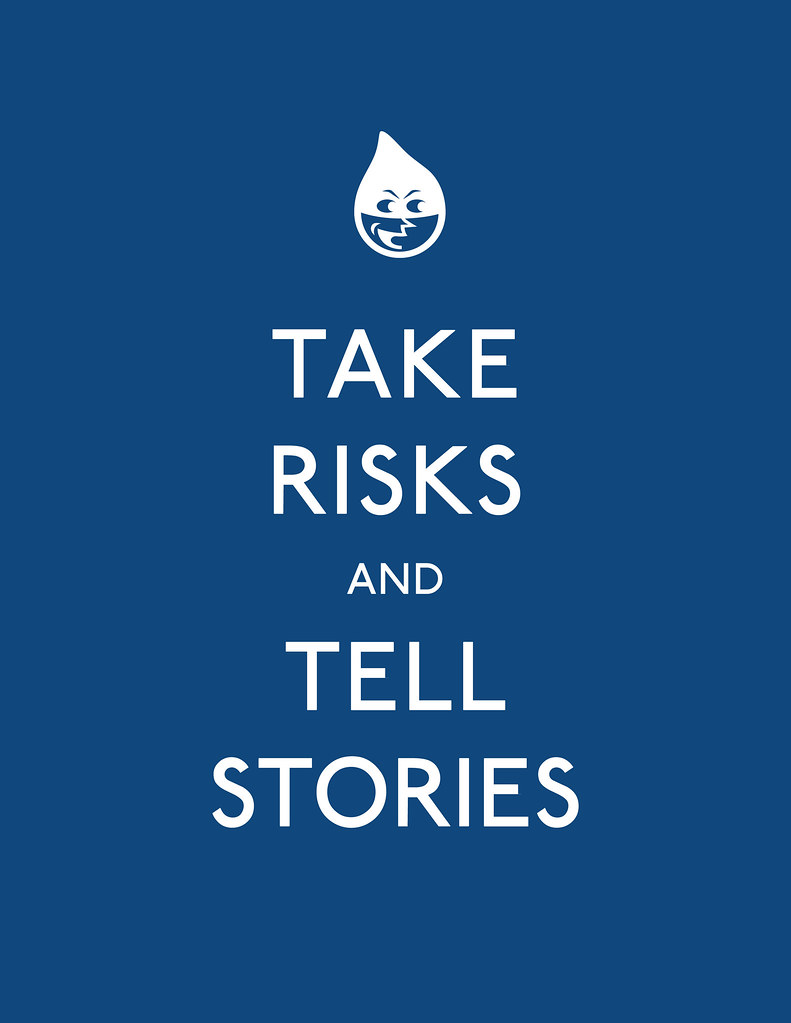Take risks: if you win, you will be happy; if you lose, you will be wise.
Anonymous
Taking risks is a normal part of everyday life. It starts from childhood when we first learn to crawl, then walk, gaining independence and freedom. As adults, many of us become increasingly adventurous, some even participate in ‘high risk’ activities such as skydiving or racing. This adventurous spirit is often celebrated, particularly in the media. Somehow this cultural attitude is different towards people who live in care homes or require support. Instead, the attitude is one of protectionism and risk aversion.
Fear of falling (that is excessive), is an example of how, needless restriction in participation in physical and social activities, may in fact increase the risk of falls due to physical deconditioning, as well as being harmful in terms of poor quality of life, social isolation, depression and psychological harm.
There has been a lot of pressure in health and social care to assess and manage ‘risks’. A risk assessment can sometimes restrict or prevent people from doing the things they want to do or living where they want to live. Care providers have both a duty to uphold the basic rights and freedoms of their residents, and a duty of care to protect them from foreseeable harm.
What is positive risk taking? Positive risk taking is about taking risks to achieve personal positive outcomes. The term positive is not about the risk itself, but rather about the outcome of the risk.
The concept of ‘positive risk taking’ is about sharing risk. Making decisions and managing risks should be a shared decision, not a burden for a single individual. Whatever condition people are living with, they still have strengths to call upon, their personal history and experiences, capabilities and wishes.
Positive risk taking relies heavily on a strengths-based approach. This means we need to see people in terms of their strengths, their personal qualities, abilities, capabilities, desires, motivations and wishes. This requires drawing on their past as well as their current situation, and future priorities. It is ultimately about enabling people to live with as much dignity as possible. Understanding that their identity is ‘who they are ‘and ‘what they can do’, NOT ‘what they are’ and ‘what they can no longer do’.
Meaningful Care Matters has developed a Risk Framework for People with Impaired Decision-Making Capacity. This is a good practice guide, using evidence from research on risk and ideas about current best practice and is subject to further review. It is based on identifying and balancing the positive benefits of taking risks against the risks of an adverse event occurring. This framework starts by looking at the benefits for people of doing an activity, and then looks at the risks involved. It also explores the emotional consequences of people not being permitted to do the things which bring love, comfort and joy into their lives. In this way, the best results for the person with impaired decision making will be achieved.
And in the end it is not the years in your life that count, it’s the life in your years.
Abraham Lincoln

OT (Australia)
Managing Director MCM

